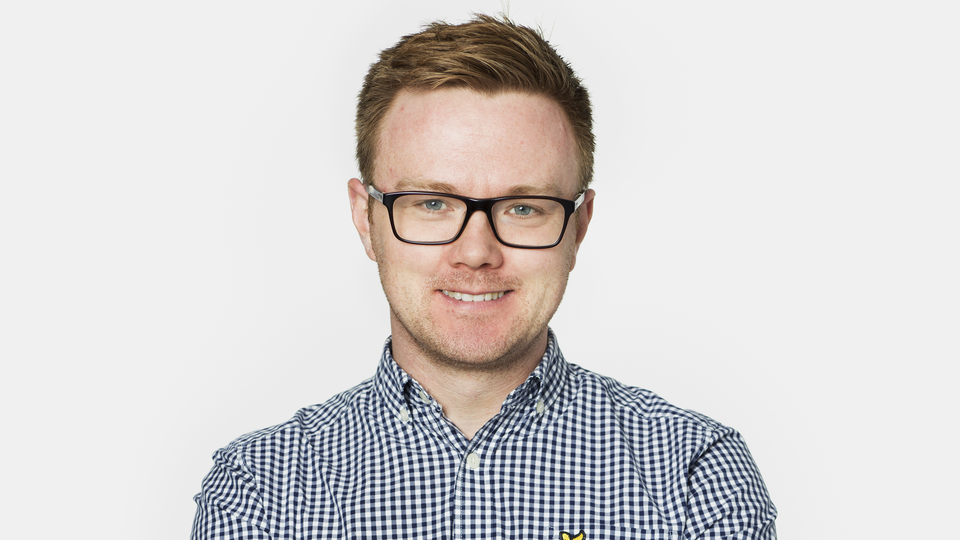
New dissertation examines fault detection at treatment plants
The treatment plants are becoming more advanced and with increased treatment requirements, the need to minimize the errors in the sensors used to control the treatment process increases. Oscar Samuelsson, industrial doctoral student at IVL Swedish Environmental Research Institute, has investigated how data can be analyzed to detect faults in treatment plants.
The dissertation is based on practical experiments with several different algorithms that monitor sensors, technical equipment and the purification process itself.
– In several of the experiments, simple methods performed as well, or even better, than advanced machine learning. Data quality and problem understanding can thus be more important than the choice of algorithm, says Oscar Samuelsson, who defended his dissertation on 5 March.
One reason why it has been difficult to take advantage of machine learning in error detection is because measurements from treatment plants naturally contain large variations that are difficult to distinguish from real disturbances.
A challenge has also been to identify time periods with data that are either free of interference or contain well-defined errors. Access to this so-called annotated data facilitates error detection and will be required by future systems to achieve data-driven decision support.
The research projects in which the dissertation was included have been carried out in close collaboration between IVL Swedish Environmental Institute, Uppsala University and four treatment plants in Stockholm. An important aspect has been precisely the transfer of knowledge between academia and industry.
– It is easy to stay in your comfort zone within your own business. Oscar's work has contributed new perspectives and approaches and the project has given us new eyes to see the problems in other ways, says Stefan Erikstam, development engineer at Käppalaverket in Stockholm.
The methods that have been developed and investigated are also expected to be applied in other process industries and several of the lessons will be transferred to other industries in various research projects.
The projects have been financed by the IVL Foundation, Stockholm Water and Waste, the Käppala Association, SYVAB and Svenskt Vatten with large participation from the treatment plant's staff.
Download the dissertation Pdf, 9.2 MB, opens in new window.
Pdf, 9.2 MB, opens in new window.
For more information, please contact:
Oscar Samuelsson, oscar.samuelsson@ivl.se, +46 (0)10-788 66 64
